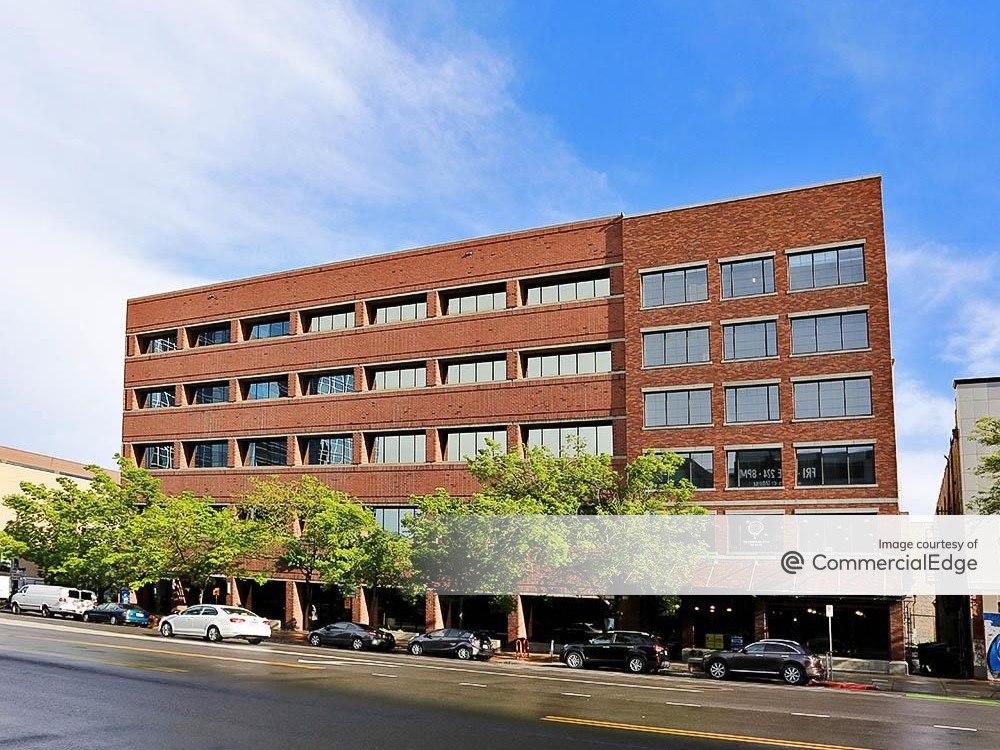COVID-19 Shakeup Reaches Neiman Marcus, Lord & Taylor
One leading retailer has filed for Chapter 11 bankruptcy protection, and the other is planning an inventory liquidation once stores reopen.
After J.Crew Group became the first large U.S. retailer to file for bankruptcy protection during the COVID-19 crisis, news about another major retailer soon followed. On Thursday, Neiman Marcus Group filed under Chapter 11 in the U.S. Bankruptcy Court for the Southern District of Texas, Houston Division. Also this week, Reuters reported that Lord & Taylor, one of the world’s oldest department store chains, is preparing to liquidate its inventory once pandemic-related restrictions ease and stores can reopen.
READ ALSO: Macy’s Starts Reopening Amid Department Store Woes
By the time COVID-19 lead to widespread business closures, several large U.S. retailers were already struggling. While some states have begun to reopen businesses and others are laying out plans, the outbreak has exacerbated the ongoing disruption retail had been facing due to shifting consumer needs and practices.
The current crisis put the trend into high gear. With retail being the hardest hit overall—alongside hospitality and energy—clothing took the sharpest dive of all subcategories in March, with sales down 50 percent for the month.
Neiman Marcus bankruptcy
The storied luxury brand has entered into a restructuring support agreement with some of its creditors, which will become majority owners of the company. Expecting to emerge from the process in the fall of 2020, the company anticipates eliminating some $4 billion of existing debt and having no near-term maturities.
The financial restructuring is expected to reduce the company’s debt load, with certain creditors committing $675 million in debtor-in-possession financing during the process and a $750 million exit package to refinance the DIP while providing additional liquidity. MyTheresa, the company’s e-commerce unit, is not part of the Chapter 11 proceedings.
While the temporary closure of certain Neiman Marcus, Bergdorf Goodman and Last Call stores has been extended through May 31, the company has made an Atlanta and a Dallas store available to customers by appointment, while 10 stores are open for curbside pickup. As a large share of the company’s employees are on furlough or have received temporary salary reductions, the situation may be extended through at least May 31, depending on how the health crisis unfolds.
Lord & Taylor liquidation
According to Reuters, the nearly 200-year-old retailer is holding off on plans to file for bankruptcy until reopening its stores and pursuing “going out of business” sales in order to generate cash. Established in 1826, the upscale fashion brand primarily operates in the northeastern U.S., one of the country’s hardest-hit regions during the current health crisis.
The same sources revealed that the company had been exploring Chapter 11 among other options, such as finding additional funding and potentially negotiating relief from creditors. Alternatives including external funding, or some other intervention, may still be possible.
Online apparel rental company Le Tote acquired Lord & Taylor in 2019 for $100 million from Hudson’s Bay Co., while the seller held on to some of Lord & Taylor’s real estate assets. Le Tote assumed the retailer’s operations with plans to expand into brick and mortar, beyond e-commerce. Last month, however, the company announced widespread layoffs and decided to run both companies online for the foreseeable future amid the ongoing crisis, according to Retail Dive.
Public sentiment
While retailers are slowly opening up and exploring various scenarios in adjusting to new realities, the consumer remains front and center when forging a safe and functional environment.
According to a recent Monmouth University survey, more than 60 percent of respondents are worried about reopening too quickly, while 29 percent said states are not lifting restrictions quickly enough. And while 33 percent responded that avoiding a deep and prolonged recovery is more important, 56 percent said public health concerns should come first in deciding when to end restrictions.








You must be logged in to post a comment.